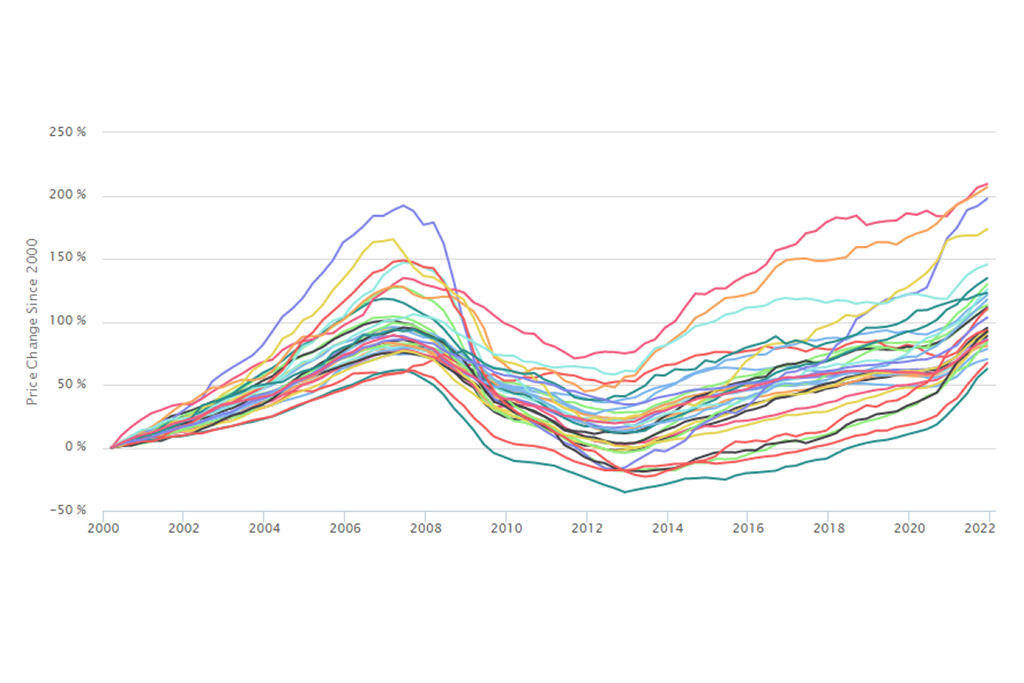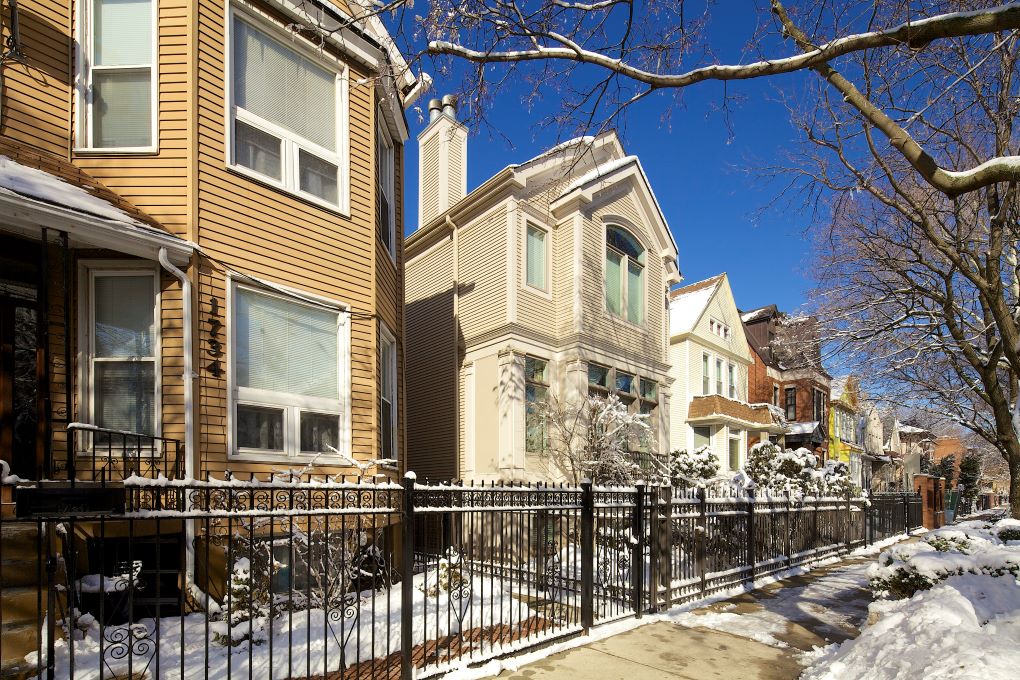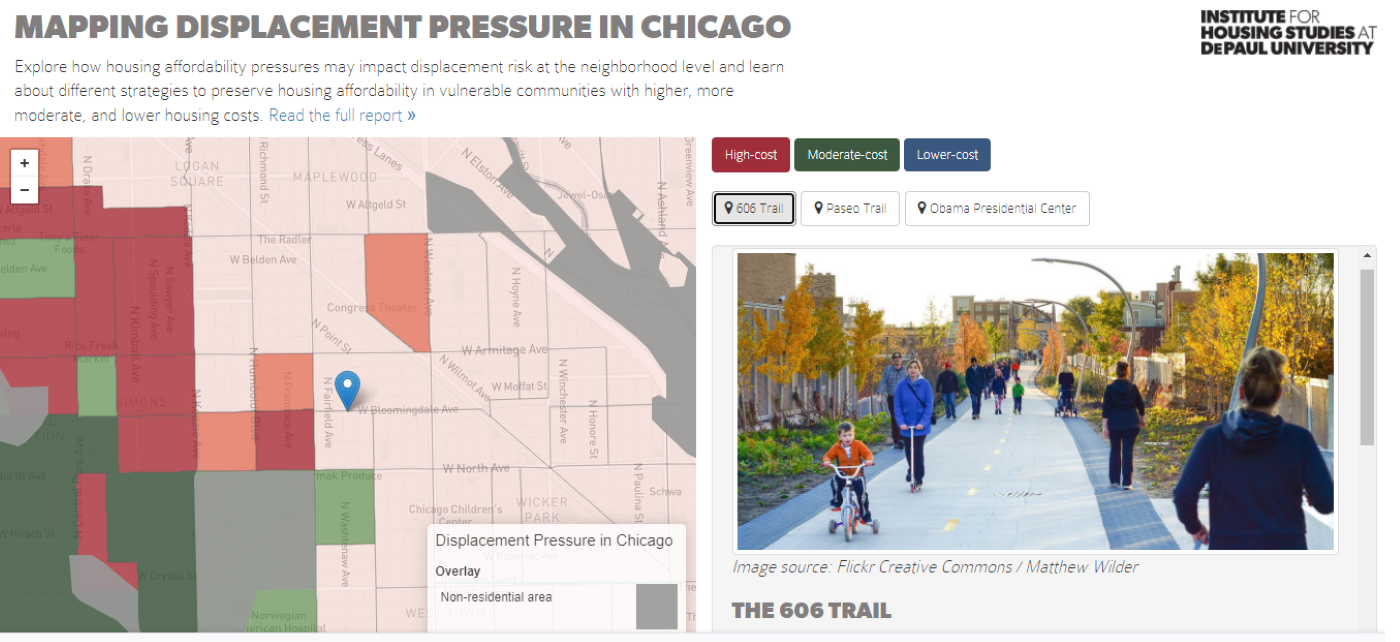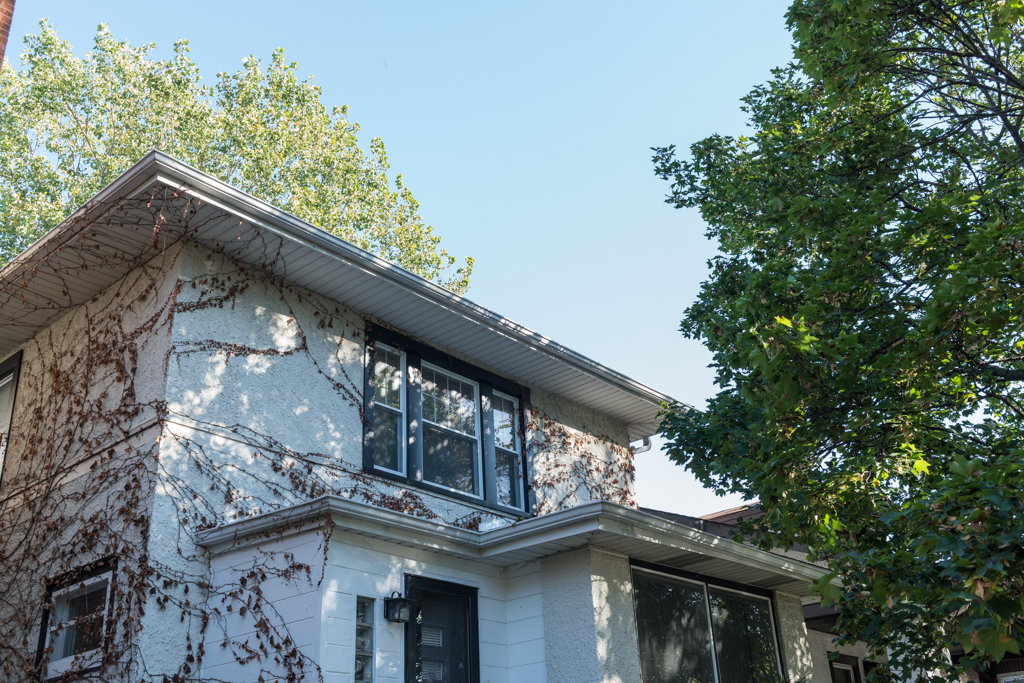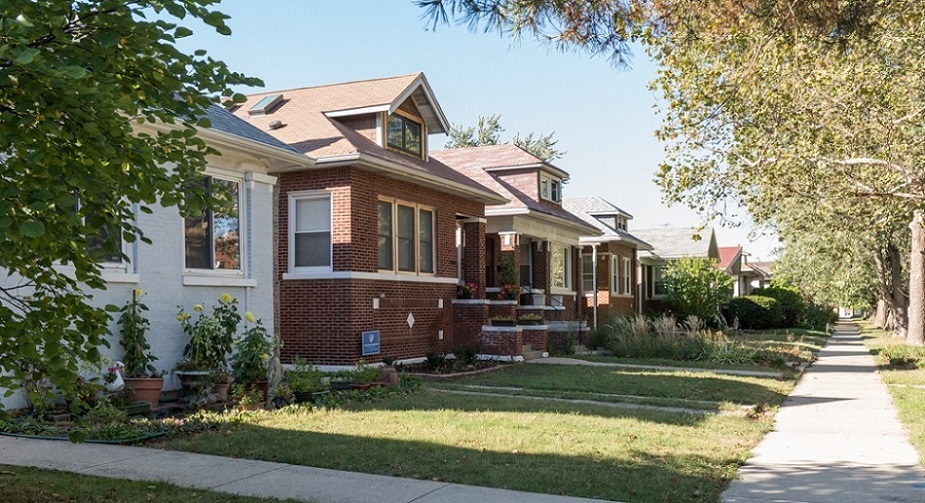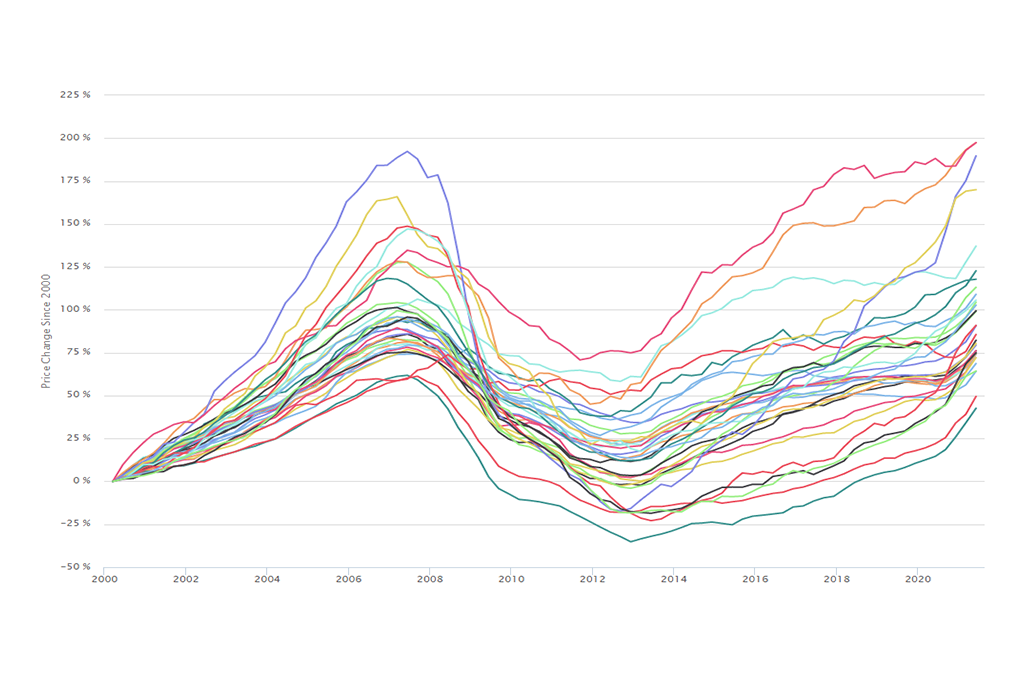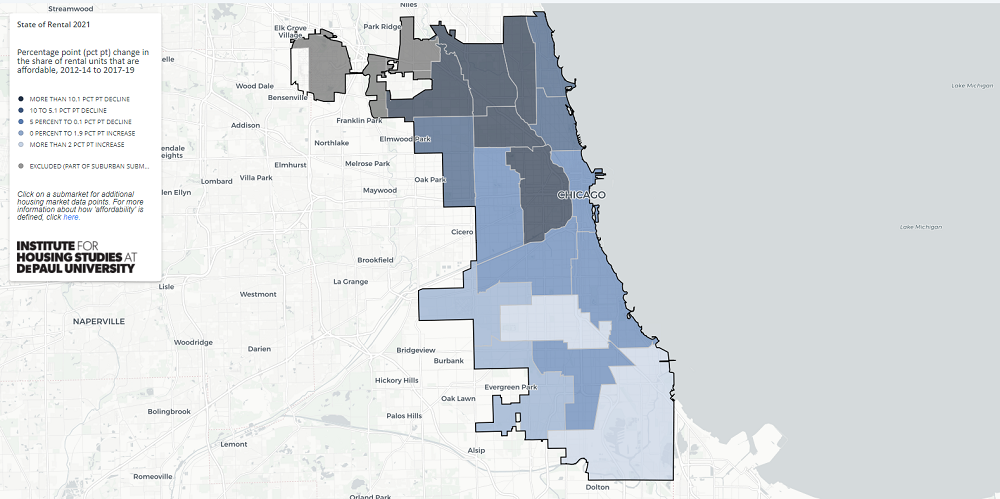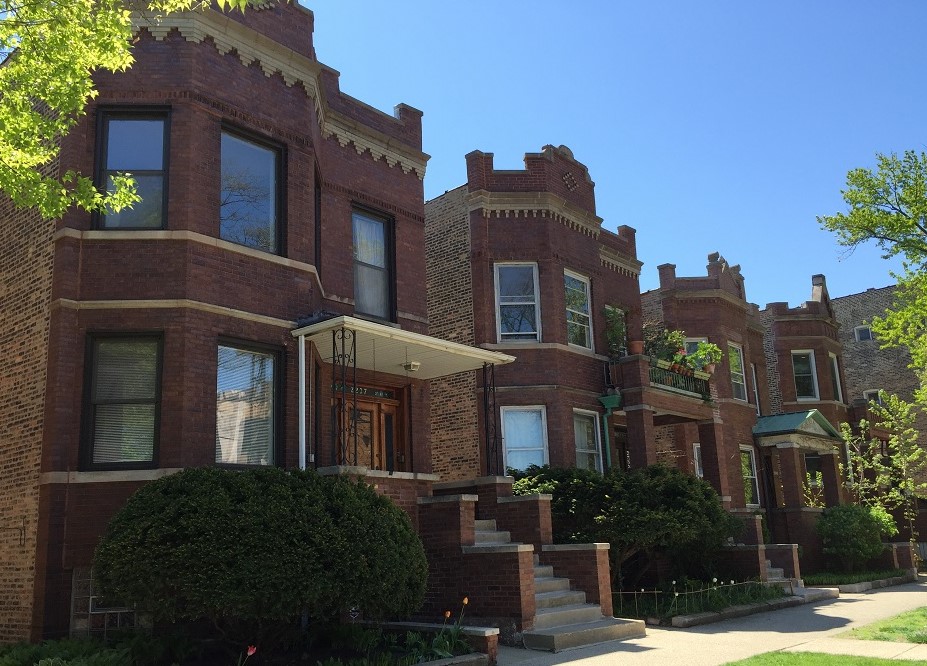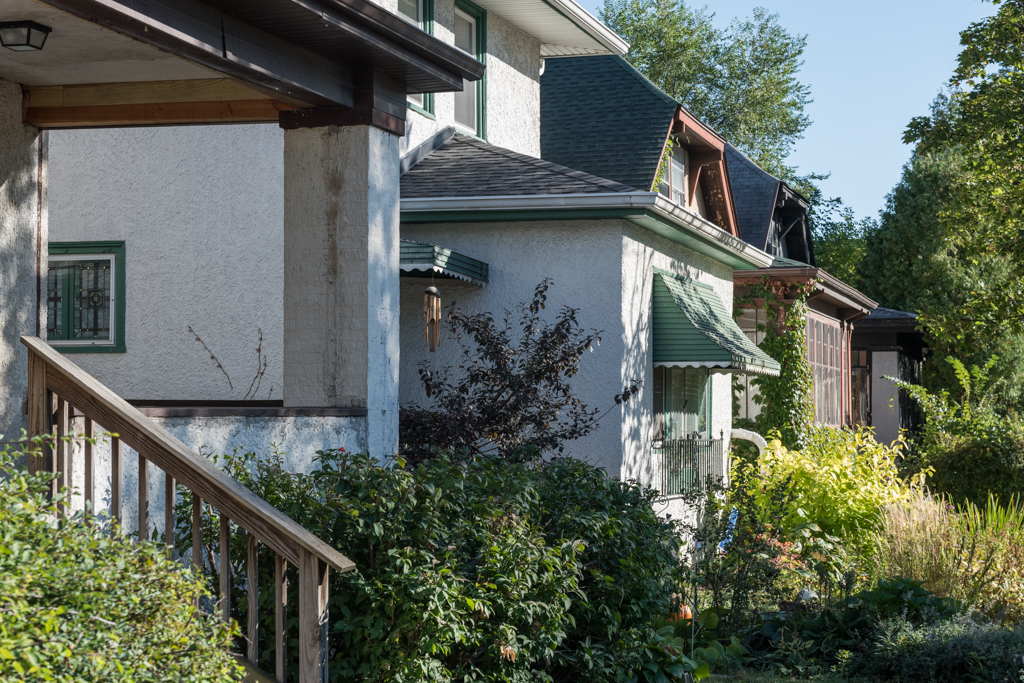Search
Search our research, publications, blog and other articles.
Found 43 results for "covid-19"
Cook County House Price Index: Fourth Quarter 2021
This update of the Institute for Housing Studies (IHS) Cook County House Price Index highlights changing prices for single-family homes through the fourth quarter of 2021 in 16 City of Chicago submarkets and 17 submarkets primarily in suburban Cook County.
An Update to the Mapping Stories of Neighborhood Change Tool
IHS recently updated our Mapping Stories of Neighborhood Change mapping tool to include neighborhood news stories published in 2021 and 2022 mapped alongside our updated Mapping Displacement Pressure data. The mapping tool provides users with spatial, housing market, and demographic context to assess the potential implications of the activities described in each article.
Looking Forward: An Update on COVID-19 Housing Policy Interventions
This blog is a part of our series examining the impact of the COVID-19 economy on Chicago households and communities. This third installment discusses data, research, and programs to guide equitable recovery efforts as COVID-19 protections and assistance enacted during the first two years of the pandemic end.
Mapping Displacement Pressure in Chicago, 2021
IHS’s Mapping Displacement Pressure in Chicago project supports ongoing and future public investment decisions by creating a leading indicator to identify neighborhoods where vulnerable populations may be experiencing affordability pressures and displacement risk from increased housing costs.
Housing Needs and Economic Conditions of Cook County’s Older Adults, 2021
The development of impactful policy to address the unique housing needs of Cook County’s older adults requires local and timely data on changing conditions, informed by the data needs of issue-area stakeholders. This analysis leverages the local knowledge of roughly 20 Chicago-area organizations working on older adult housing issues to create a practitioner-focused resource on key demographic and socioeconomic conditions related to older-adult housing demand and economic and housing insecurity in Cook County.
Planning for the Housing Needs of an Aging Population
To inform our work on Cook County’s older adult housing needs and economic challenges, IHS tapped into the local knowledge of roughly 20 Chicago-area organizations to create a resource on key older adult demographic and socioeconomic trends. Read more here about the distinct challenges facing older adult renter and owner households in Cook County, as well as key policy challenges and information needs that emerged during our stakeholder engagement process.
Cook County House Price Index: Second Quarter 2021
This update of the Institute for Housing Studies (IHS) Cook County House Price Index highlights changing prices for single-family homes through the second quarter of 2021 in 16 City of Chicago submarkets and 17 submarkets primarily in suburban Cook County.
2021 State of Rental Housing in Cook County
The newest release of the State of Rental Housing in Cook County updates key data on changing rental demand, the supply of rental housing, and how these dynamics affect access to affordable rental housing for Cook County's lowest income households.
The Preservation Lab Releases New Resources to Support NOAH Preservation Strategies
Chicago’s diverse stock of naturally occurring affordable housing (NOAH) faces a variety of challenges. A new report and resource clearinghouse from The Preservation Lab, an initiative co-led by the Institute for Housing Studies and The Preservation Compact, documents the risks and pressures facing NOAH buildings, owners, and tenants in different market contexts and provides resources and guiding principles to assist community stakeholders in developing tailored NOAH preservation strategies.
Data and Research to Facilitate Equitable Homeownership in Chicago
Facilitated by the Chicago Community Trust’s Protecting and Advancing Equitable Homeownership initiative, the Institute for Housing Studies at DePaul University (IHS) partnered with the Urban Institute to develop a data resource for Chicago practitioners, policymakers, and advocates working to reduce the racial homeownership gap. Read more about Chicago Housing Overview: Preserving Affordability and Expanding Accessibility here.
